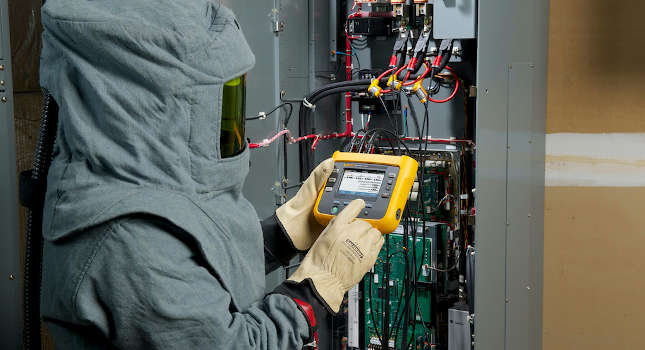The United States may not be able to automate its way out of the recession, but along with eliminating waste, automation's a big part of the plan.
In his address to a joint session of Congress on February 24, President Barack Obama said: “The answers to our problems don’t lie beyond our reach. They exist in our laboratories and universities, in our fields and our factories, in the imaginations of our entrepreneurs and the pride of the hardest-working people on Earth.”
While this is true, we can’t brute force our economy back onto the tracks that lead toward prosperity. We can’t legislate our way out of the recession. Nor can we predict our way out of the recession — much to the chagrin of politicians, economists and even commentators. But this does not mean that we have a legitimate excuse to stick our heads in the sand. Doing nothing is not an option.
The Obama plan for economic recovery includes the retention or creation of 3.5 million jobs over two years. And if these jobs do become reality, how many of them will require technical knowledge?
To what extent does automation factor into this plan? In his ISA Insights column in this issue, ISA president Gerald Cockrell said, “There’s no better profession, no better group of people, to solve these challenges than automation professionals. We’re the key to global competitiveness through the very nature of our discipline. What better way to increase productivity, quality, efficiency and effectiveness of manufacturing than through the application of automated systems?”
He’s right. But we can’t just automate ourselves out of this crisis either. Hard work, optimism, integrity and innovation must take over where brute force, legislation and blind predictions leave off. That’s just the beginning; all these efforts must be interwoven with eliminating waste — eliminating waste in our processes, business practices and fiscal attitudes.



